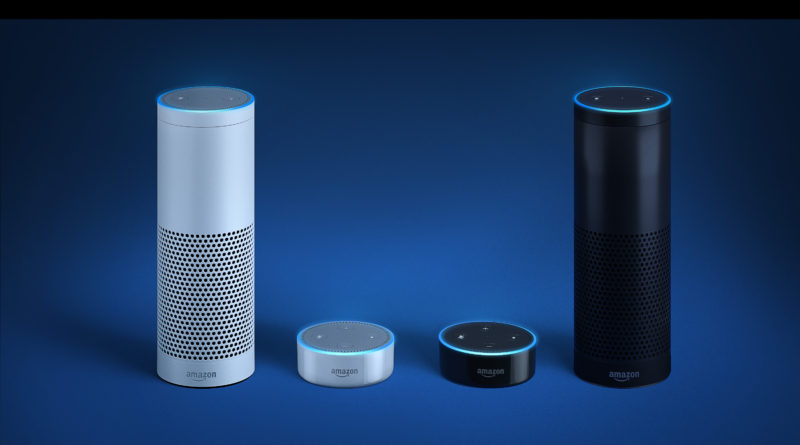Amazon Echo Can be Used to Reconstruct One’s Life
In a 90-page document filed before the Circuit Court of Benton County, Arkansas, tech giant Amazon argued that the audio recordings and responses of Alexa, the voice of Amazon Echo, are protected speech under the First Amendment.
The case in Benton County revolves around the investigation of the death of Victor Collins, who was found floating face-up in a hot tub in the home of James Andrew Bates in November 2015. Prosecutors in Benton County asked the court to compel Amazon to turn over the data collected by Bates’ Echo.
Amazon, in the court document, argued, “The recording stored by Amazon for a subscriber’s Echo device will usually be both (1) the user’s speech, in the form of a request for information from Alexa, and (2) a transcript or depiction of the Alexa Voice Service response conveying the information it determines would be most responsive to the user’s query. Both types of information are protected speech under the First Amendment.”
According to Amazon, searching Alexa’s recordings is not the same as searching a glove compartment, a drawer or a pocket. The company likens Alexa to cell phones and other smart electronic devices. Citing the Riley v. California case, Amazon said that Alexa’s recordings can “reveal much more in combination than any isolated record,” enabling those with access to this information to reconstruct “[t]he sum of an individual’s private life.”
“Amazon will not release customer information without a valid and binding legal demand properly served on us. Amazon objects to overbroad or otherwise inappropriate demands as a matter of course,” the tech titan told the Associated Press.
